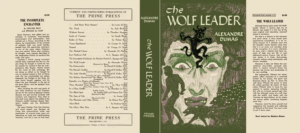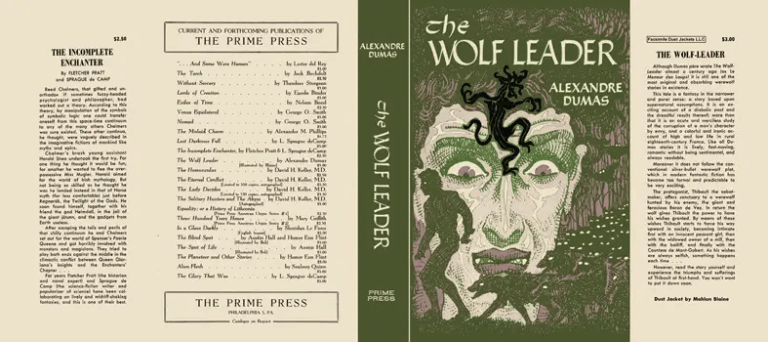Love and Lament in the Songs of Jonathan and David
“I am distressed for you, my brother Jonathan;
very pleasant have you been to me.
Your love to me was wonderful,
surpassing the love of women.”
— Samuel 1:26
Spoken by David upon the death of Prince Jonathan, this lament is one of the most emotionally charged expressions of same-gender love in ancient scripture. Though traditionally framed as fraternal, the language of intimacy, exclusivity, and surpassing affection has prompted centuries of interpretation and debate, especially as it comes from a figure as central and valorised as King David.
In a world where male friendship and affection often coexisted with hierarchy and violence, this poetic grief stands out. David’s song isn’t about duty or camaraderie—it’s about loss, beauty and love. The Hebrew terms used (ahava for love, and the description of souls being knit together) indicate a strong bond, possibly covenantal and with emotional depth beyond mere political alliance.
Even in canonical, religiously authoritative texts, there are spaces where deep emotional bonds between men are exalted without shame. The fragment reminds us that queer readings are not modern impositions—they are recoveries of silenced resonances that once moved openly through public ritual and poetic mourning.








No Comments